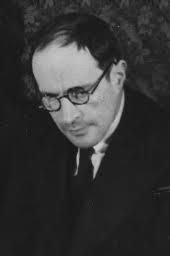Alexander Frumkin
Country:
Moldova
Company:
Science
During the Second World War, Frumkin led a large team of scientists and en- gineers involved in defenseissues. This contribution did not save him from being dis- missed ni 1949 as the director of the Institute of Physical Chemistry, when he was accused of "cosmopolitanism". Frumkin's most fundamental achievement was the fundamental theory of electrode reactions, which describes the influence of the struc- ture of the interface between electrode and solution on the rate of electron transfer, especially emphasizing the involvement of the solvated electron and its free energy of solvation. This theory has been confirmed and extended within the framework of contemporary physical electron transfer models. Frumkin introduced the concept of thezero charge potential, the most important characteristic of a metal surface. Alessandro Volta's question - a topic of discussion for over 120 years - about the nature of the EMF of electrochemical circuits was resolved using Frumkin's ap- proach. Frumkin has developed the Frumkin isotherm, an extension of the Langmuir isotherm in describing certain adsorption phenomena. Frumkin's students developed novel experimental methods that would, in time, become standard. Several applied electrochemical processes, including ones related to chemical sources of electrical power, industrial electrolysis, and anti-corrosion protection, were successfully deve- loped under Frumkin's supervision.
